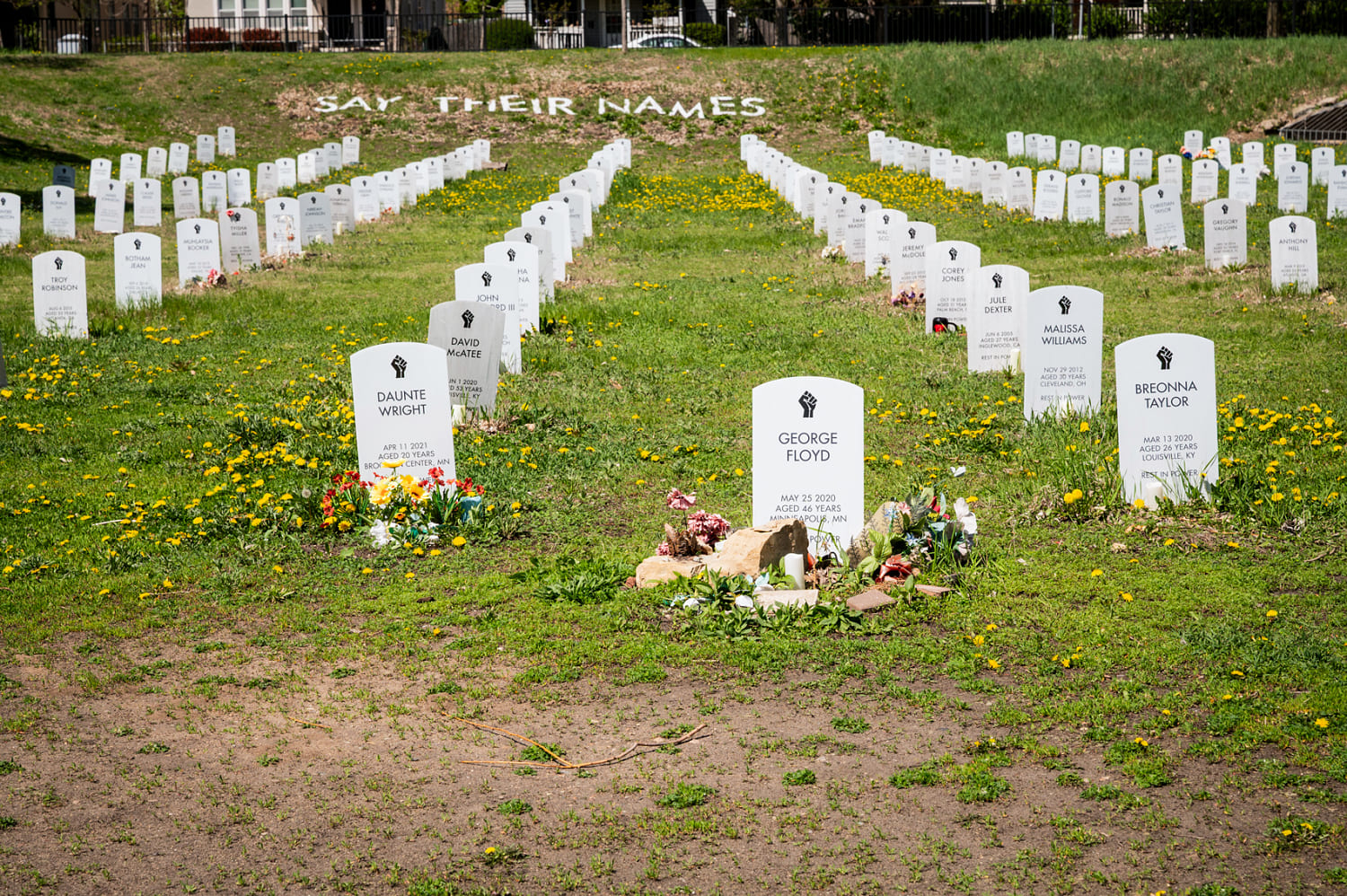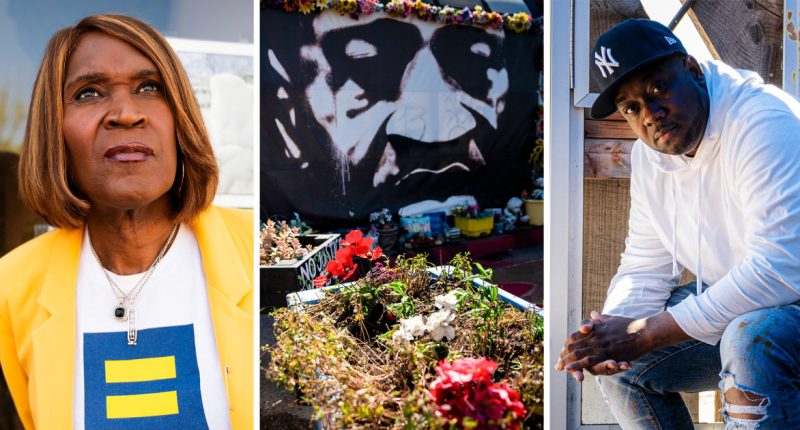Share this @internewscast.com

Before Floyd’s murder, she garnered recognition as the first Black, openly transgender woman elected to public office in America. Elected in 2018, she had received a multiple sclerosis diagnosis a year prior. This, however, did not deter Jenkins from engaging with her neighborhood on foot, shopping at Cup Foods, supporting local businesses, and interacting with her constituents on the street.
Following Floyd’s death, she found herself at the heart of a political and social storm that, she mentioned, took a toll on her health. On May 25, 2020, with the city council president unavailable and out of reach, Jenkins, as the vice president, was placed in a leadership position for the response team.
Amid the protests, she managed calls every two hours throughout the night—1 a.m., 3 a.m., 5 a.m.—in coordination with the federal Bureau of Alcohol, Tobacco, Firearms and Explosives, the Hennepin County Sheriff’s Department, Minnesota State Patrol, the FBI, and other agencies. Due to construction, ambulances blaring sirens en route to the local hospital were diverted through her neighborhood, further contributing to the commotion.
“It was so chaotic,” Jenkins recalled. “Not only the calls and the traffic, but there were helicopters whirling above. There was gunfire. And this happened virtually all night.”
Five years later, Jenkins said she routinely stays up until 4 a.m.
“My sleep habits have been deeply challenged. It’s part of my PTSD,” she said. “Even though it got quiet after a while, I still haven’t been able to get back to my old sleeping pattern.”
Before Floyd’s death, she did not move about the community on a motorized scooter as she does now. “I do have multiple sclerosis, but it’s exacerbated by the stress,” Jenkins said. “It’s all added up.”











